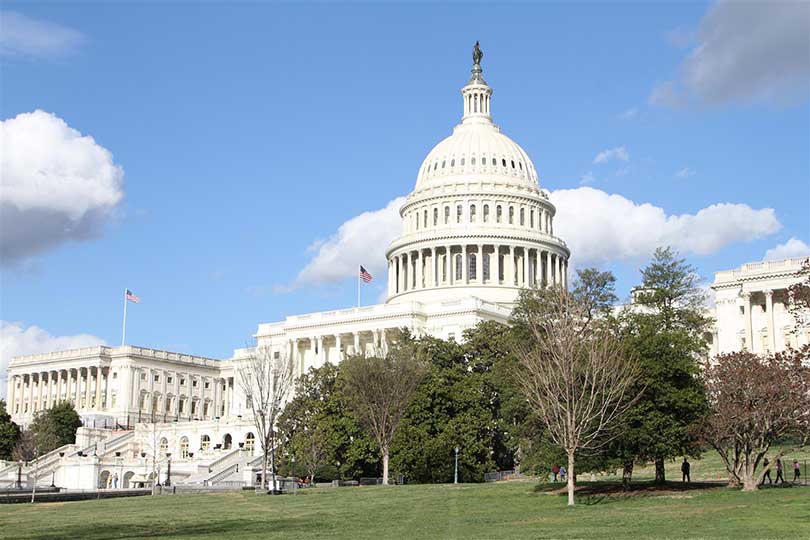Congress has allocated funds to help the Food and Drug Administration (FDA) fight misconceptions about genetically modified organisms (GMOs).
About $3 million for “consumer outreach and education regarding agricultural biotechnology” was included in the Omnibus Appropriations Bill, according to The Washington Post.
The allocation is part of FDA’s $2.8 billion budget.
The money will be used to help consumers understand the environmental, nutritional, economic, humanitarian and safety impacts of using biotechnology, or GMOs, in agriculture.
FDA will collaborate with the U.S. Department of Agriculture (USDA) for its GMO outreach. Budget language also requires the agencies to include the publication and distribution of science-based information, according to The Washington Post.
Although dozens of scientific studies show GMOs are safe to eat, less than half–39 percent–of adults believe GMOs aren’t as healthy as conventionally grown foods, according to a Pew Research Study.
There are currently nine GMO crops available commercially in the United States. They include: alfalfa, canola, sweet corn, field corn, cotton, papaya, potatoes, soybeans, squash and sugar beets.
A type of GMO apple designed to prevent browning has also received USDA and FDA approval, but it has not yet made it to market.
The omnibus spending bill, which includes the GMO outreach funding for FDA, also includes $59 million in federal funds for citrus pest and disease research.
It does not, however, include access to 2014 Farm Bill safety net programs for dairy and cotton farmers.
Last minute political maneuvering by key senators killed a deal designed to give the farmers access to the vital safety net designed to help them when they need it most.
The $1.17 trillion omnibus spending, or appropriations, bill was approved by the U.S. House of Representatives Thursday and the U.S. Senate on Friday.
The budget will fund the government through fiscal year 2017, avoiding a government shutdown.


why can the $3 million be used to support the farmers growing real (God created) food instead of trying to convince the public to buy fake food??????????
I fail to understand how an effort to promote understanding of this technology would be at all harmful. This technology has been studied as much as any scientific advancement in the history of the planet. God gave us a lot of raw materials to work with, but each and every thing we eat or wear has undergone significant genetic modification for thousands of years. As a born again Christian, I am at peace with the idea that God also gave us the ability to learn things and improve our standing on the earth. Providing science based information on a technology that reduces insecticide and fuel use while producing not one verifiable instance of harm to people or the environment is a very good idea. Ignorance promotes fear. Information provides insight.
i recently read a book about the German settlement of Texas and one of the topics was growing crops…. i had no idea that when they planted corn, all they got was ONE ear of corn per plant! they also stripped the leaves off the plant, after the ear was developed, one by one and stacked and stored them for forage for their animals later in the year. We cant feed our population on 1 ear per plant!!!
Carl, have YOU ever grown corn? What was then, surely is not the same as now crop production.